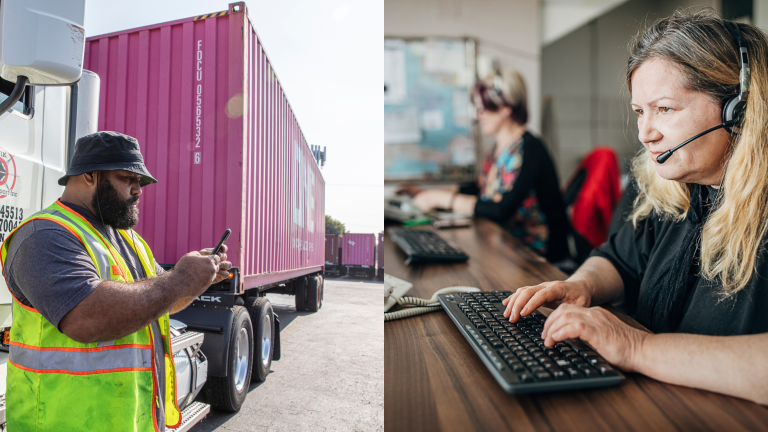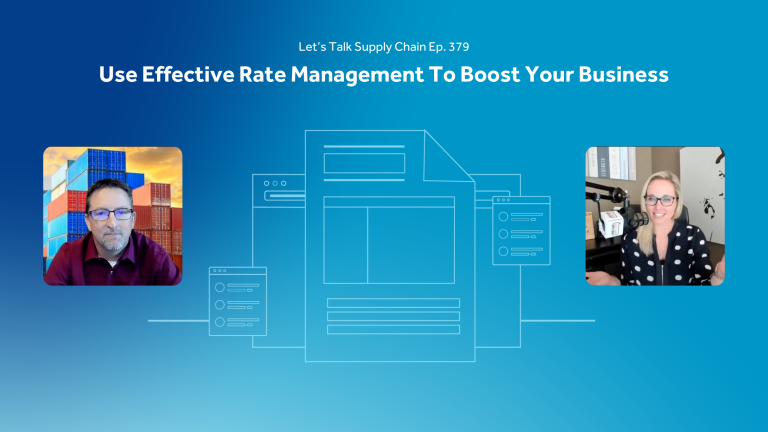The simplest explanation is, a freight broker connects people who have things they want to get somewhere (shippers) with someone who can get it there (carriers). Simplistically, a freight broker is an intermediary between shippers and carriers. Just a person who can negotiate a rate for a given load and helps make sure it gets there.
But like everything in shipping and trucking, freight brokering isn’t that simple.
There’s more to brokering than money or time
Shippers want to get their goods from A to B as fast as possible, as cheaply as possible. Carriers want to carry those goods from A to B to earn their money. What a broker does is make sure the whole transaction works out well for everyone.
A freight broker makes sure they only work with good, reliable carriers who deliver loads quickly and safely. They know who to call for certain kinds of loads or destinations. A good freight broker can put all the pieces together to make sure goods arrive when and where they are supposed to.
Shippers use freight brokers when they don’t have the resources or connections to find and vet carriers for their shipment. Carriers like working with brokers who give them regular, steady work and can organize routes and reduce deadheading (driving an empty truck back without a load). Freight brokers build up their network of both shippers and carriers so everyone gets the service they need at a fair price.
What to look for in a freight broker
If you’re a shipper or carrier, there are a few things you should look for in a freight broker:
- Who have they worked with, what’s their reputation? On either side of of the transaction, you need to work with someone you can trust.
- How long have they been in business? Some freight brokers might be “new”, but staffed with industry pros who come with all the right connections and experience, so take this with a grain of salt.
- What other services do they offer? Some freight brokers just do one kind of shipping, but others can also handle cross-border shipments or freight forwarding (taking possession of goods and bundling them up into larger loads).
How do freight brokers get their job done?
Like many brokerage industries, freight brokers used to rely on their contact list, spreadsheets, email, and the phone. The really great freight brokers had huge lists of people to call. Knew all the right folks to get shipments moving. And even some insider knowledge about ports and rail yards that helped smooth things along.
But today, shipping is way too complicated to rely on memory, a spreadsheet, and a contact list. Today freight brokers, like all parts of intermodal trucking and shipping, leverage software to keep their business running smoothly and grow their business too.
In part two we’ll talk about what freight brokering software is and why smart brokers have switched to cloud-based solutions like Tailwind Freight Broker Software.




